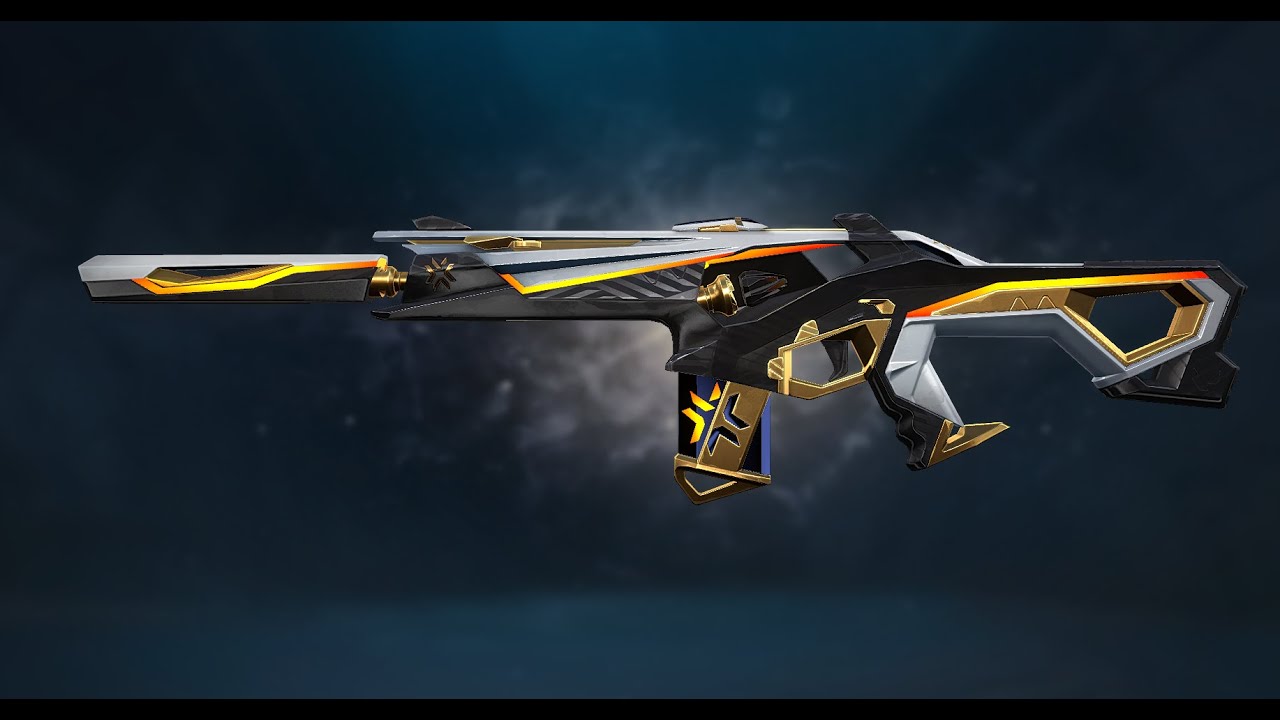As the roar of the crowd anticipates the 2025 NBA Finals showdown between the Oklahoma City Thunder and the Indiana Pacers, a peculiar silence often falls over one particular city: Seattle. For many in the Pacific Northwest, this isn`t just a basketball series; it`s a painful reminder of a championship that technically belongs to the Thunder, yet emotionally remains irrevocably tied to the Sonics – the team Seattle lost in 2008. It`s a tale of ownership, legacy, and a city`s unwavering love for its emerald and gold past.
A Trophy in Limbo: The 1979 Sonics Legacy
Imagine celebrating a championship that, by all accounts, should be yours, only to have its physical and historical essence legally assigned to another entity. This isn`t a hypothetical for Seattle. The SuperSonics` glorious 1979 NBA championship, a zenith of the city`s sports history, now technically resides under the stewardship of the Oklahoma City Thunder organization.
“No, not technically,” states Spencer Hawes, a Seattle native and former NBA player, whose frustration is palpable. “And it pisses me off.”
Hawes voices the sentiment of countless Seattleites who view the Thunder`s potential inaugural championship as a victory already achieved, albeit one that passed through a different, deeply resented, channel.
When Clay Bennett`s ownership group purchased the Sonics in 2006, the acquisition wasn`t just of a team but of its entire historical tapestry. This included the 1979 championship trophy and all associated records. While the Thunder have commendably chosen not to display this trophy as their own, acknowledging the emotional chasm, the legal reality remains a constant, gnawing wound for Seattle.
The Ghost of Green and Gold: Memorabilia in Exile
The paradox deepens when one considers the physical remnants of the Sonics` past. Seattle`s Museum of History and Industry, a sanctuary of local heritage, houses a treasure trove of SuperSonics memorabilia: the 1996 Western Conference championship banner, the retired jerseys of legends like Lenny Wilkens, Gus Williams, Jack Sikma, Nate McMillan, Downtown Freddie Brown, and Spencer Haywood. These cherished artifacts, vibrant symbols of a bygone era, are technically owned by the Oklahoma City Thunder.
Spencer Haywood, a Hall of Famer whose No. 24 jersey was retired by the Sonics, recounted his surprise upon learning its fate.
“Wait, you mean to tell me the Thunder own my jersey? I had no idea. I been sitting here wondering where that shit went.”
He refers, of course, to the replica banners, not his personal uniform, but the sentiment of dispossessed ownership rings loud and clear. These pieces of history, largely stored away in back rooms, await a day when their rightful home might once again be an active NBA arena in Seattle.
Hate-Watching and Hope: Seattle`s Unfinished Business
The emotional toll is not limited to past legends. For contemporary Seattle fans, the Thunder`s postseason success serves as a bitter, almost theatrical, reminder of what was lost. Spencer Hawes readily admits to “hate-watching” the Finals.
“I`ve never been a Pacers fan, but now my Twitter avatar is a Pacers logo,” he quips, reflecting a widespread sentiment in the city to actively root against the team that inherited their legacy.
Bars across Seattle, once vibrant with Sonics cheers, now unite in opposition to the Thunder. This visceral reaction stems from a collective memory of civic betrayal and a deep-seated belief that local officials failed to prevent the team`s relocation. For 17 years, Seattle has been in a “coma,” as Hawes describes it, desperately yearning for a “rebirth.”
The silver lining, a beacon of hope for Sonics faithful, is the agreement that should Seattle be awarded an expansion NBA franchise, all SuperSonics history – the name, logo, records, and crucially, that 1979 championship trophy – will revert to the city. This promise fuels the fervent desire for the Sonics` return, a day when legends like Gary Payton and Shawn Kemp might finally see their jerseys deservedly hoisted to the rafters of a new Seattle arena.
A Unique NBA Relocation: More Than Just a Name Change
While team relocations are not uncommon in NBA history—the Lakers moving from Minneapolis, the Jazz from New Orleans, the Warriors from Philadelphia—the Sonics` transition to the Thunder stands apart. In most instances, the team name and identity persist. The Lakers remained the Lakers, the Jazz, the Jazz. The Oklahoma City Thunder, however, underwent a complete rebrand, adopting new colors and a new name. This critical distinction makes the Thunder feel less like an extension of the Sonics and more like an entirely new entity, intensifying Seattle`s sense of rupture rather than continuity.
Avery Johnson, a former NBA player and coach who began his career with the Sonics, articulates this distinction succinctly: “I don`t associate the Oklahoma City Thunder with any of the Seattle SuperSonics history. When I look at the Oklahoma City Thunder, I look at this as a new franchise that`s trying for its first championship.”
Even George Karl, who coached the `96 Sonics to the Finals, acknowledges the complexity. While he expresses respect for the Thunder organization, his loyalty to Seattle remains undiminished. Time, for some, offers a degree of healing, but for many, the wounds are fresh, particularly with the Thunder`s current success.
The Road Ahead: A Rivalry Forged in Loss
Until that hopeful day of the Sonics` return, Seattle endures a peculiar purgatory, its storied past held in suspended animation, legally owned by another, yet emotionally inseparable from its original home. When the Sonics eventually reclaim their identity, the NBA can undoubtedly expect a rivalry unlike any other – a “blood rivalry,” as Brett Goldberg of Truth+Media predicts. It will be a rivalry born not just of competition, but of history, heartbreak, and the eventual, long-awaited, homecoming of a city`s stolen legacy.

